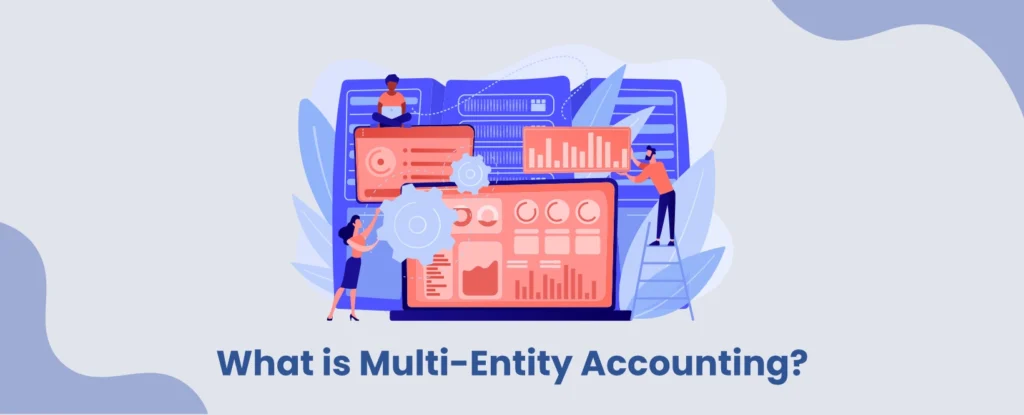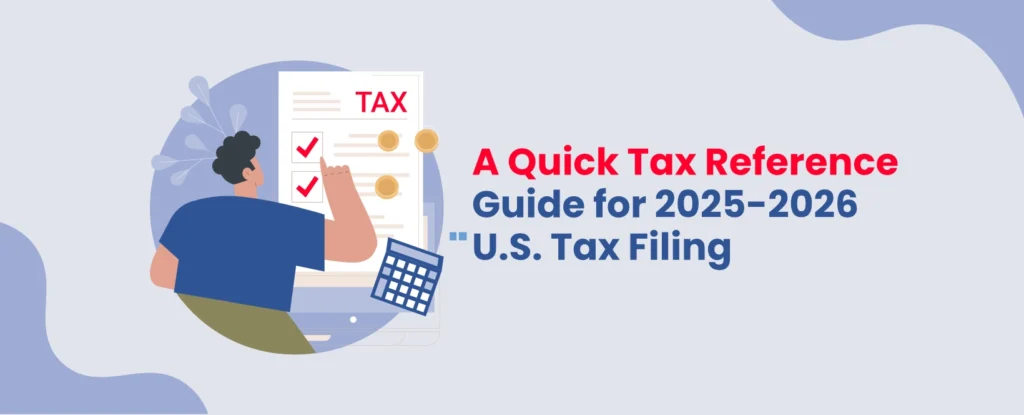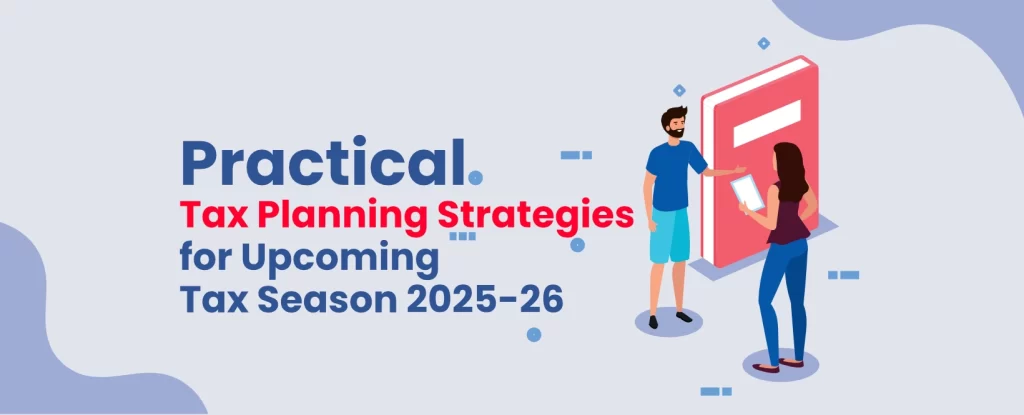While the OBBBA contains hundreds of provisions and covers a broad legislative landscape that ranges from tax simplification to federal spending caps, its real weight lies in the promises it makes for individual and small business tax filing across America.
Let’s take a closer look at what this means and how it’s set to change tax preparation services for American households, small businesses, and individual taxpayers. Whether you’re working through a small business tax checklist or getting ready for year-end filing, understanding these updates is key to maximizing your deductions and staying compliant.
What Is the One Big Beautiful Bill Act?
The OBBB is a comprehensive legislative package that contains over 1,000 pages of tax policy updates, fiscal reforms, government restructuring mandates, and regulatory rollbacks. It consolidates a number of standalone reforms into one sweeping law, simplifying annual tax planning and preparation services for most US citizens.
This “one-bill-fixes-all” approach seeks to eliminate bureaucratic overlaps, reduce red tape, and create a leaner federal system that ensures seamless tax planning and compliance.
Major Tax Changes
The OBBB brings several noticeable changes for individual taxpayers. These include:
- Extension of TCJA Tax Cuts: Many tax cuts introduced in 2017 are now permanent.
- Increase in Standard Tax Deduction: $15,750 for single filers and $31,500 for married filers), indexed for inflation.
- No Tax on Tips and Overtime Pay: Qualified tips up to $25,000 and all eligible overtime pay (capped at $12,500 for single and $25,000 for joint) are exempt from federal income tax. Applies 2025-2028.
- Auto Loan Deduction on Interest: Up to $10,000/year deduction available for car loans on U.S.-manufactured vehicles, purchased after 2024.
- Child Tax Credit: Raised to $2,200 per child, indexed for inflation starting 2026.
- Senior Citizen Relief: $6,000 increase in the standard deduction for taxpayers aged 65 and above.
- “Trump Accounts”: New tax-advantaged accounts, “Trump Accounts”, introduced for children under age 8. The details are limited, but the plan is designed for long-term savings.
- Estate and Gift Tax: Exemptions increased to $15 million and $30 million for single and joint filers, respectively.
Key Provisions for Small Business Tax Filing
The law is touted as a game-changer for small and medium-sized enterprises (SMEs) across the U.S. It offers:
- 100% Bonus Depreciation and Expensing for Real Property: Businesses can now fully deduct certain real estate costs, including commercial properties, right away. This helps recover expenses faster and improves cash flow.
- Permanent 20% QBI Deduction (Section 199A): The 20% tax break for income from sole proprietorships, partnerships, and S corporations is now permanent. A minimum deduction is available for businesses earning at least $1,000 in qualified income.
- Higher Section 179 Expensing Limit: The maximum small business tax filing deduction for equipment and small asset purchases has been increased to $2.5 million.
- Temporary SALT Cap Increase: From 2025 to 2029, taxpayers earning under $500,000 get up to $40,000 in deduction in state and local taxes.
- Pass-Through Entity Tax (PTET): Pass-through businesses can still pay state taxes at the entity level, helping owners reduce their federal taxable income.
- Charitable Deductions: Even if you don’t itemize deductions, you can now deduct certain charitable contributions – up to $1,000 for single filers and $2,000 for married taxpayers filing jointly.
Tax Credits Phasing Out Under the One Big Beautiful Bill Act
While the OBBBA introduces multiple benefits for personal and small business tax filing, it also ends several popular tax incentives. Many clean energy credits are poised to expire soon.
- Residential Clean Energy Credit (Sec. 25D): The 30% credit for solar, wind, geothermal systems, and battery storage ends after December 31, 2025. No credits will be provided for systems installed in 2026 or later.
- Energy-Efficient Home Improvement Credit (Sec. 25C): The 30% credit for HVAC system upgrades also ends after December 31, 2025.
- New Energy Efficient Home Credit (Sec. 45L): Builders can no longer claim this credit for homes acquired after June 30, 2026.
- Investment Tax Credit for Solar & Wind (Sec. 48E): The 30% commercial solar and wind credit ends December 31, 2027, unless construction begins before July 4, 2026, and the project is completed by the end of 2027.
- EV & Charging Station Credits (Secs. 30D, 25E, 30C): Credits for new and used electric vehicles expire after September 30, 2025. The credit for EV charging equipment ends after June 30, 2026.
- Accelerated Depreciation for Energy Property (Sec. 168): The 5-year accelerated recovery period is eliminated for energy projects starting after December 31, 2024. Only 100% bonus depreciation is available for property bought before January 19, 2025.
How to Adapt to the Changing Federal Landscape
For businesses and individuals, it’s critical to understand the benefits and the associated risks of the new law. Work with an experienced CPA for professional tax support. They can help you optimize your tax savings and prepare a solid small business tax checklist that maximizes your deductions under the new law.
Need help understanding how the OBBB Act affects your business or household? Contact our tax experts for a personalized consultation today.


